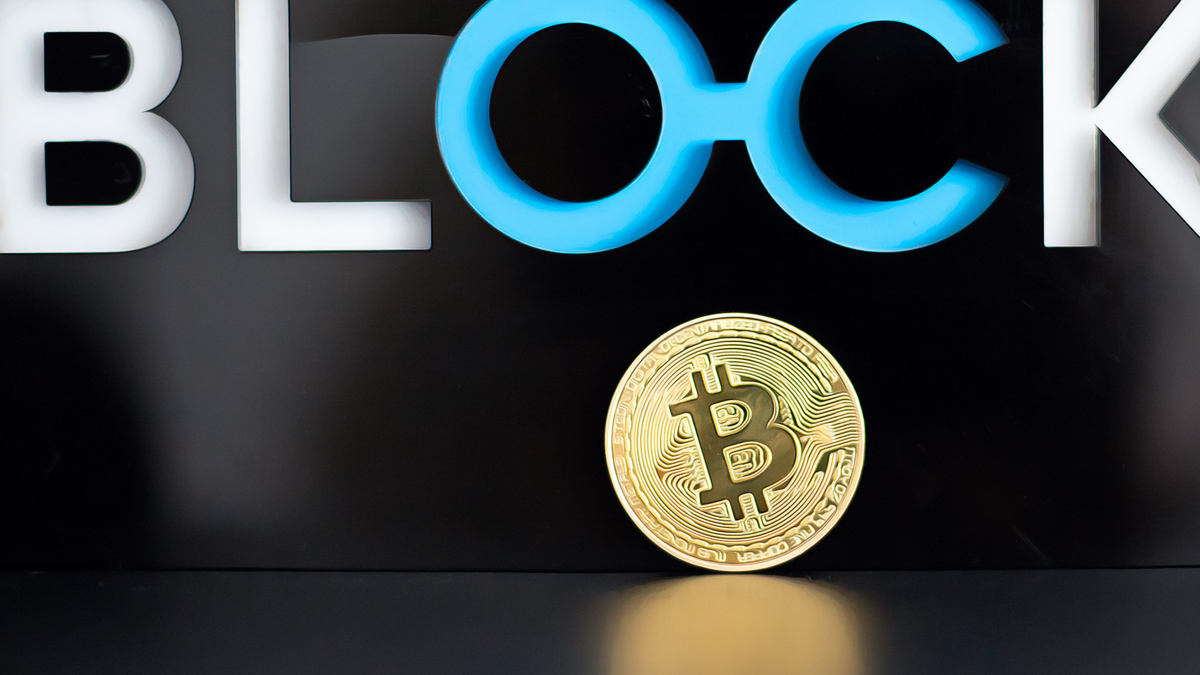The decentralized identity solution Humanity Protocol officially announced its unicorn status after raising its valuation to $1 billion with a recent $30 million increase. According to Humanity Protocol’s Medium post on May 15, the $30 million funding round was led by Kingsway Capital with participation from Animoca Brands, Blockchain com, Hashed, Shima Capital, and 20 other investors.
Humanity Protocol and Blockchain Security
Humanity Protocol plans to use the funds to expand its product development unit as it prepares for the public test network launch in the second half of 2024. The project scans users’ palms and integrates zero knowledge technology and proof of humanity (a consensus mechanism used to verify that a user is a human and not an AI robot) to secure their digital identities on a blockchain.

Humanity Protocol hopes that its palm scanning will be seen as a significant alternative to iris scanning competitor Worldcoin by OpenAI CEO Sam Altman. Despite Worldcoin’s controversial approach leading to privacy concerns and bans in many countries, it has already reached 10 million users.
Meanwhile, Humanity Protocol announced that over half a million people have signed up since its waitlist went public a month ago. Terence Kwok launched Humanity Protocol through the Human Institute in February 2023.
Key Details for Humanity Protocol
Kwok is receiving help from Animoca Brands co-founder Yat Siu and the Polygon Labs team, which assisted Humanity Protocol in creating a test network this February. Despite the strength of the decentralized identity solution, Siu emphasizes the importance of ensuring that the user enrollment process is not too invasive, complex, or cumbersome.
Competition in the blockchain-based identity market continues to grow with the increase in data breaches in a world increasingly driven by artificial intelligence. IT Governance data shows that 8.2 billion records were breached from 2,814 reported incidents in 2023. Kwok’s firm claims that user information will be stored in a decentralized manner, ensuring that no one but the user owns their data.

 Türkçe
Türkçe Español
Español










